US approves $2.2 billion sale to Taiwan of Abrams tanks and Stinger missiles
The U.S. Department of State has approved the sale to Taiwan of M1A2T Abrams tanks and Stinger anti-aircraft missiles at an estimated cost of over $2.23 billion, the Defense Security Cooperation Agency said on Monday, July 8.
Taipei’s defense ministry said last month that Taiwan had formally requested 108 Abrams main battle tanks, more than 1,500 Javelin and TOW anti-tank missiles, and 250 shoulder-fired Stinger anti-aircraft missiles.
DSCA notified Congress of the possible sales on Monday, saying the tank request also included over 300 M2 Chrysler Mount and M240 machine guns, Hercules vehicles, and hundreds of high-explosive anti-tank warhead rounds. The sale includes additional equipment and support, including vehicles, electronic equipment, ammunition and training and service support for a total of $2 billion, the notification said.
The primary contractors are General Dynamics Land Systems, BAE and Oshkosh.
Separately, DSCA announced that Taiwan requested to buy 250 Block I -92F MANPAD Stinger missiles and four (4) Block I -92F MANPAD Stinger Fly-to-Buy missiles, related equipment, training and technical support and engineering services for an estimated program cost of $223.56 million.
Raytheon is the principal contractor for the Stinger sale.
Taiwan “intends to use these defense articles and services to modernize its armed forces and expand its existing air defense architecture to counter threats,” DSCA said.
“This will contribute to the recipient military’s goal to update its capability while further enhancing greater interoperability between the recipient, the U.S., and other partners. The recipient will have no difficulty absorbing this equipment into its armed forces.”
Taiwan would be massively outgunned in terms of troop numbers and firepower in any war with China and it desperately needs to upgrade much of its equipment.
Its current tank force consists of around 1,000 CM 11 Brave Tiger and M60A3 tanks, technology that is increasingly obsolete.
DSCA said the sales would not affect the basic military balance in the region but Beijing has already expressed concern about Taiwan’s equipment requests.
“We have repeatedly emphasized to the U.S. to fully understand the extremely sensitive and damaging nature of their decision to sell arms to Taiwan, and abide by the One China principle,” foreign ministry spokesperson Geng Shuang said in June.
Geng on Tuesday called for the U.S. to immediately cancel the sale.
“The sale of weapons by the United States to Taiwan … seriously violates the one-China principle… grossly interferes in China’s internal affairs and undermines China’s sovereignty and security interests,” he said.
“China urges the US to … immediately cancel the planned arms sale and stop military relations with Taipei to avoid damaging Sino-U.S. relations and harming peace and stability in the Taiwan Strait.”
Taiwan has been ruled separately since the end of a civil war in 1949 but China still views it as its territory and has vowed to take the island, by force if necessary.
China has significantly stepped up diplomatic and military pressure on Taipei since Beijing-skeptic president Tsai Ing-wen was elected in 2016.
It has staged military exercises near the island, and steadily reduced the already small number of nations that recognize Taiwan.
The United States switched diplomatic recognition from Taiwan to China in 1979, but it has remained its main unofficial ally and is congressionally bound to supply it with arms – a constant niggle in U.S.-China ties.
Taiwan allocates 21% of 2019 defense budget to indigenous weapons
With reporting from AFP


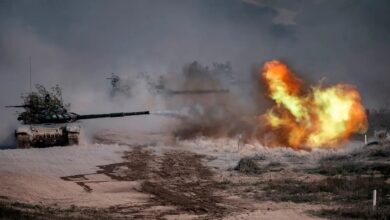
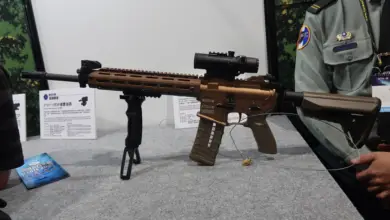

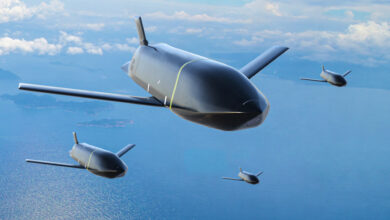

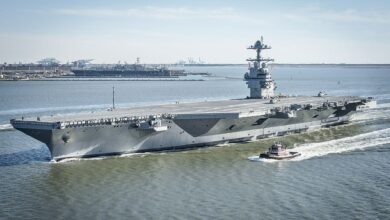
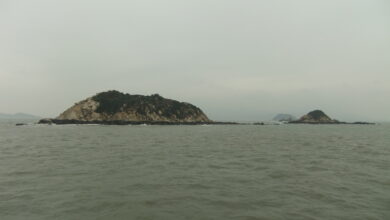
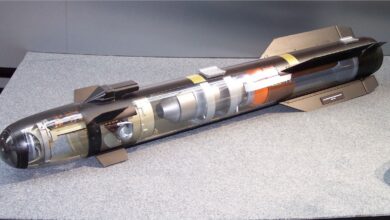
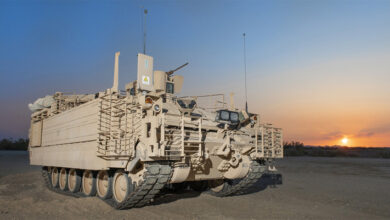

One Comment